My hands touched raw meat and smoke from the fire clung to my hair. I hand-mixed dried spices and traded four tires for single horsepower.
It’s easy to check out, dulling our senses with whatever distraction is between our fingertips; I needed some time to check in, to be reminded that silence isn’t scary and to experience a day through the breath in my lungs versus anxieties in my head.
The Alisal, located north of Santa Barbara in the Santa Ynez Valley, isn’t the sort of place you go for a working vacation. The wifi is spotty and the rooms don’t have televisions. Turning down a decidedly unpronounced drive, you meet a row of cottages and a single story building. Horses graze to your right; trees shade your walk to the left. You almost start wondering if you’ve stumbled onto staff lodgings by mistake, and then you’re met with a smile. And given a golden key.
For me, the golden key was the moment luxury took on a new definition. Not in the vein of butlers and champagne service (which I know little about, anyway), but along the avenue of the under-appreciated and barely noticed. I was given a key to my room. This wasn’t a barcoded plastic rectangle, but a solid, heavy, uniquely angled piece of metal. Why did this matter? It conveyed that I was trusted.
Also, that I wasn’t in Los Angeles anymore.
You see, a key requires notice; we’re quicker to form an appreciation for something when we can tell it is individual and precious. This is a mindset harder to formulate in a big city — or really, any place that moves to the beat of what’s new, what’s now, and what’s next. While this key might not have been made of literal gold, it surely required that I give it more attention than an easily replaceable card. It was the first step in detaching from the whirlwind of modern life and reminding myself that yes, I can do things, too.
It was the first step in detaching from the whirlwind of modern life and reminding myself that yes, I can do things, too.
Because, while technology is wonderful and amenities are to be praised, sometimes … it all just gets a little too close. Do I really need a phone on my wrist or for my car to self park? Possibly. Would I survive if the trees ceased to grow and the sun switched off her rays? Absolutely not.
As humans, those smart and creative creatures that we are, we can’t be over-reminded of where we come from, of what we’re still capable of when our gadgets are powered down. There’s something about being at the Alisal that makes doing things the old-fashioned way attractive rather than annoying; they embrace the good stuff while inviting you to do the same.
Take riding a horse, for example. At almost thirty years of age, I had only glanced at them behind fences or played with them My Little Pony style. I loved animals, but they were a treat, not a means. Yet, climbing into a saddle for an early morning ride, it suddenly clicked why I had been missing out. I was utilizing nature to explore nature, tapping into a rich history of transportation that so many generations before me had shared.
Roaming Alisal’s acreage of green hills (10,000 to be exact, preserved as a working cattle ranch since the 1840s) I kept envisioning what it must have been like to be a woman in those early, horse-drawn days. Of course, suffrage and the 60s have opened new doors, but what about the ones that are slowly closing? The doors that connect us to calloused hands and unsure moments? Riding a horse isn’t the easiest thing in the world; I’d be lying if I said there weren’t a few times when I tried to quit and turn back. But it also felt refreshing to steer “Lefty” through my uncertainty, to feel the tension of my fears and yet muster courage to move beyond them. Do we have enough opportunities for such a connection nowadays? Are we still as prone to digging deep and just “figuring it out”?
Of course, suffrage and the 60s have opened new doors, but what about the ones that are slowly closing? The doors that connect us to calloused hands and unsure moments?
Seizing the future at lightening pace, we shouldn’t forget to take the simple route on occasion, for it can unearth what is really complex about and within us. It can be challenging to take it slow for a while, but the benefit is that we won’t miss out on ourselves in the process. History builds bridges that we don’t have to burn, but use to more fully question who we yet want to be.
The truth is, we can all be like those golden keys. We already are. We just need to stop, adjust the reins and feel our edges every once in a while.
Where do you go when you want to “check in”? How does your perspective change when you do?
Images via Nicole Ziza Bauer
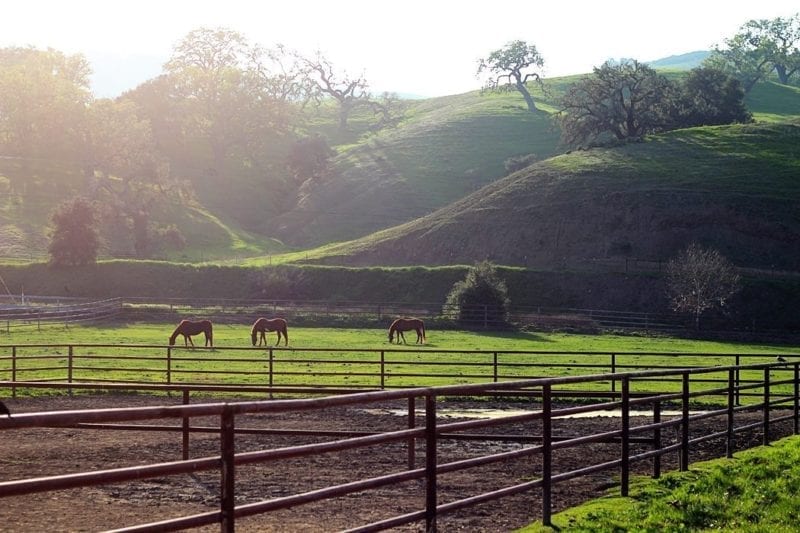
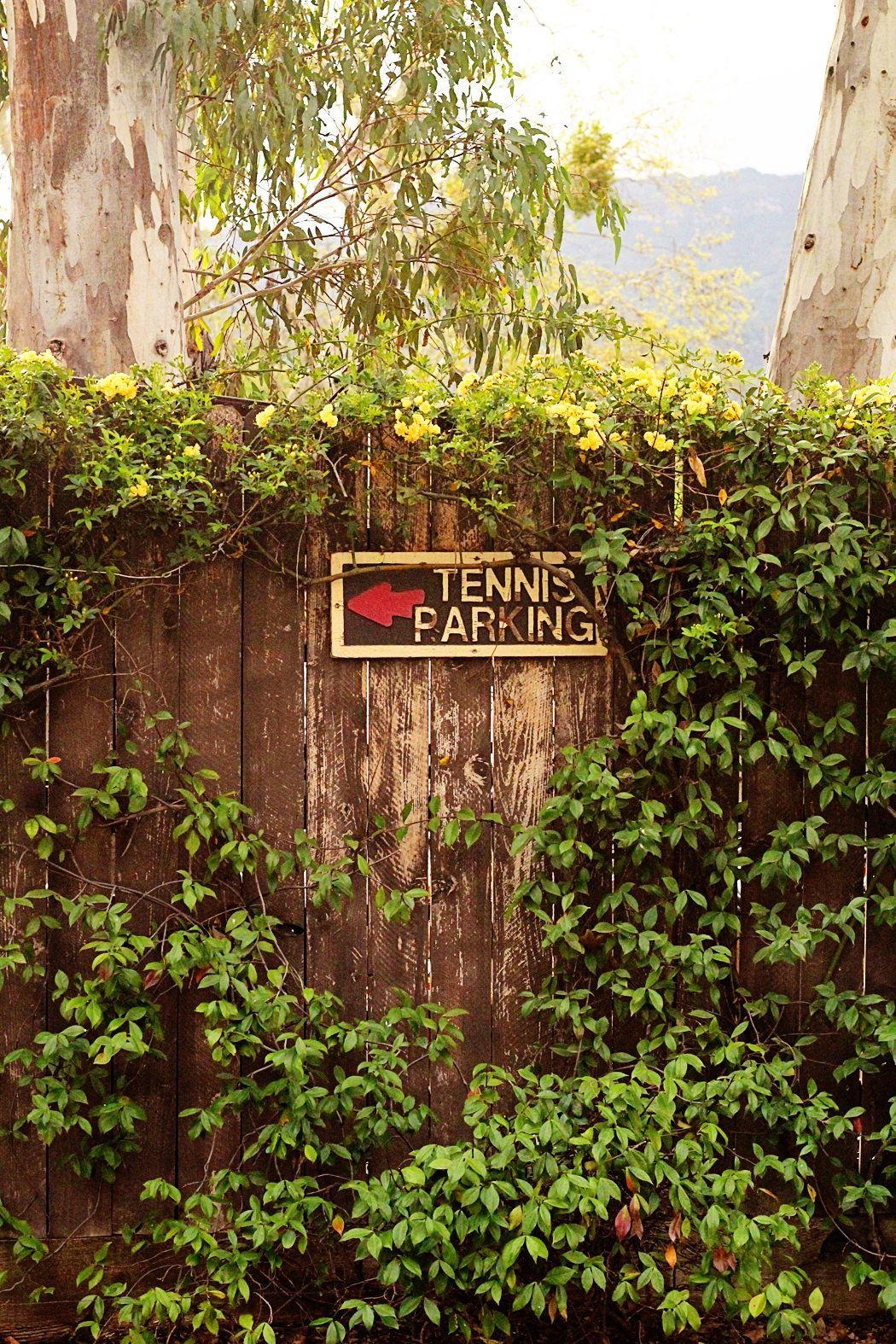
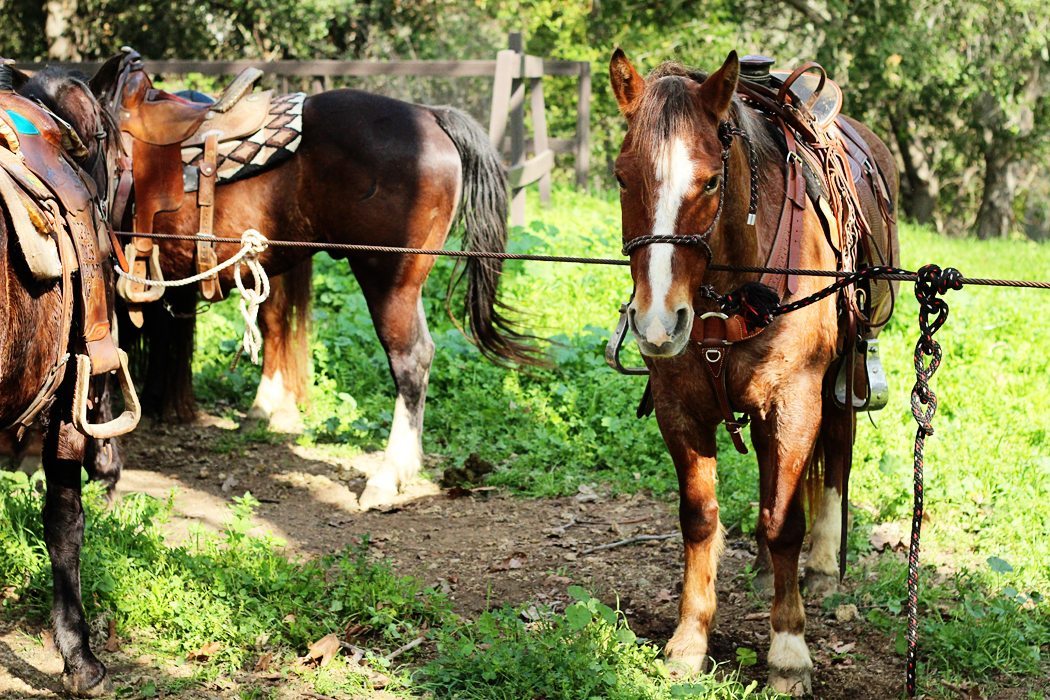
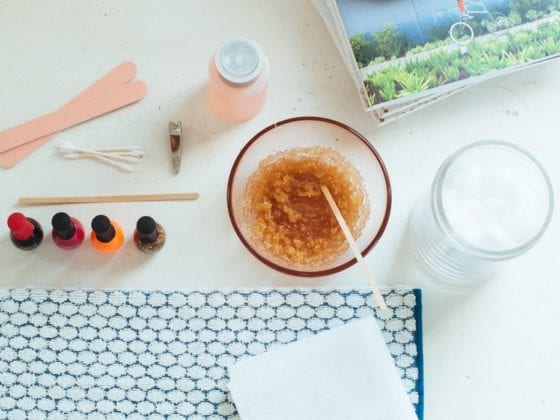
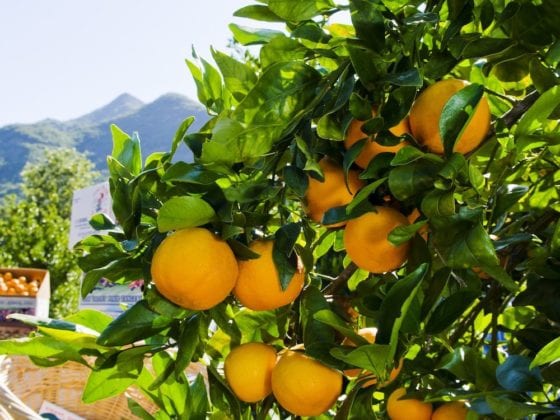
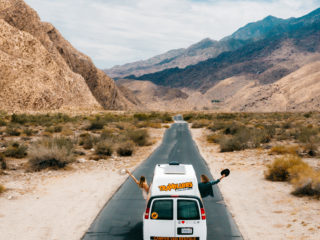
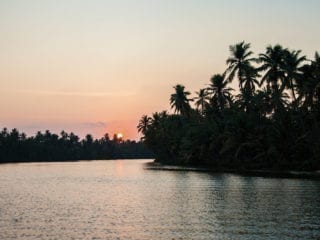

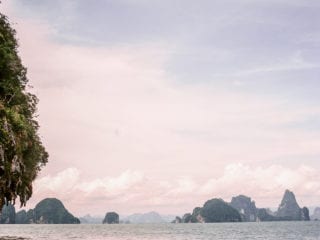
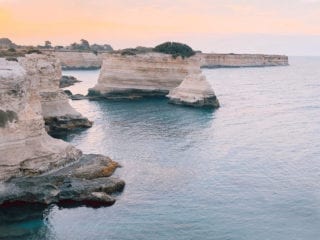

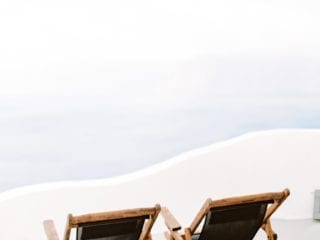
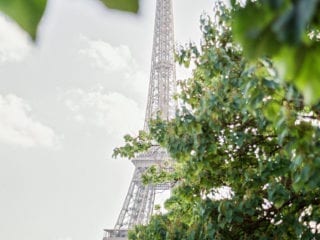
1 comment
I love the Alisal! Hope you enjoyed the area, it’s pretty fabulous here! 🙂